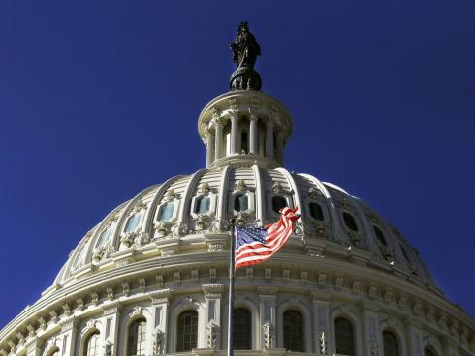
Winter came early to Washington, as “Plan B” failed in the House. Stubborn Republicans, along with equally obtuse Democrats, refused to grant tax increases even on those earning a million dollars. While Mr. Obama will celebrate the disjointedness of Republicans, the victory will prove pyrrhic, as this almost assuredly means a dive off the “cliff” in ten days. While Republican “Tea Partiers” may return to their districts claiming they held tight to their principle of no tax increase, more importantly it means sentiment has swung even further toward wastrel Democrats. The era of big spending will persist.
One aftereffect of the horrible tragedy in Newtown had been to bind the nation. Unfortunately, it proved as ephemeral as the lifespan of a Drone Ant. Earlier, the President and Mr. Boehner had moved out of their respective trenches, and appeared separated by a no-man’s land of $600,000. The President wanted taxes raised on those making more than $250,000. Mr. Boehner countered with $1,000,000. Instead of dismissing the counter, the President came back with $400,000. Any hopes for a Christmas truce came screeching to a halt last evening.
Editorials are as strident as ever, as are politicians like Senator Harry Reid whose idea of compromise is a willingness to share the Senate dining room (though not the same table) with the opposition. Intransigent Congressional Republicans have made certain that Mr. Obama will gain further support. For Republicans, it was suicide by idiocy. It’s too early to know if the bell has tolled for Republicans, but their cause suffered a severe loss. An editorial in Wednesday’s New York Times noted “that if Mr. Obama were a more combative negotiator (I wonder how Mr. Boehner feels about that allegation?) he would not have gone for the chained index. It reinforces the incorrect notion that the big budget problem is overly generous benefits.” Really! I guess $60 trillion in unfunded liabilities doesn’t mean much to the “Grey Lady.” On the same day, an editorial in the Wall Street Journal opined about the President’s latest proposal: “This isn’t reform, it’s another tax increase disguised as reform.”
While there is a gaping annual budget gap of over a trillion dollars (and has been for the past four years), the real issue is what do we really want government to be. Neither side wants to be overly overt about their goals. The trend has been toward big government, which is where we are headed. Conservatives are concerned they will appear aloof, cold and indifferent. The Left understands Socialism is alien to the American experience. So we drift, inexorably, down the stream toward a welfare state, seduced by the gifts government grants. Serious debate, as to the ultimate destination and consequences, is missing.
In the camp preferring big government are some odd bedfellows: unions and their members, especially those in the public sector; big business whose revenues are tied to government contracts and fledgling industries dependent on government subsidies; large banks whose assets are protected under the “too big to fail” rule; ivory-towered academics, wealthy coastal elites and members of the press, all of whom toil under the assumption that the burdens of the downtrodden can only be adequately addressed by a superior, educated governing class; and those that are dependent on government for their every-day needs.

COMMENTS
Please let us know if you're having issues with commenting.